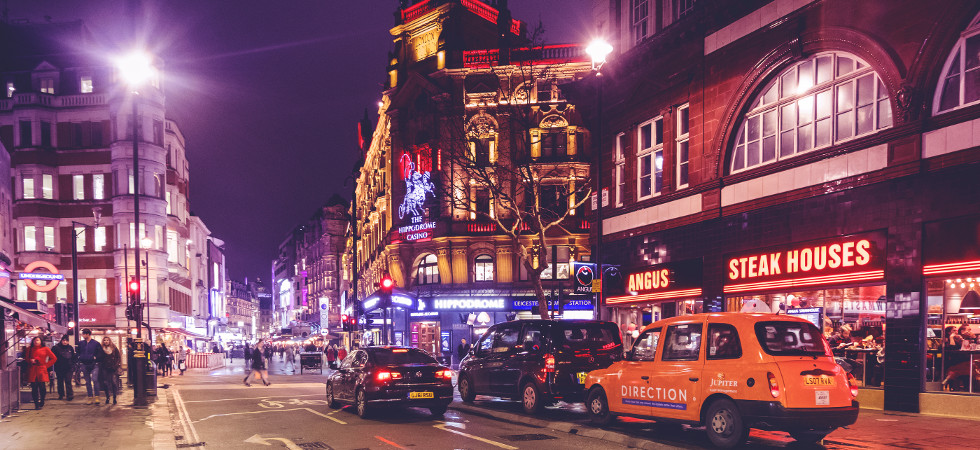London may be one of the most happening cities in the world, but its casinos, perhaps, are not. When one speaks of gambling, the mind is drawn to the Las Vegas Strip, the high stakes of Macau, or the glamour of Monte Carlo – not England’s capital. The home of Harrods, Big Ben and Buckingham Palace; London is the most popular tourist destination in the world, where tourism and the night time economy combined contribute £36 billion a year to London’s overall economy.
With rapidly increasing tourism from China, a disproportionate amount of this is down to the Chinese – with the average tourist spending less than a third on their trip than their Chinese counterpart! It is also among the Chinese where gambling is most popular – they have repeatedly topped the list for gambling profits per nation, primarily stemming from Macau. With this in mind, one would assume London casinos would be flourishing from its new visitors.
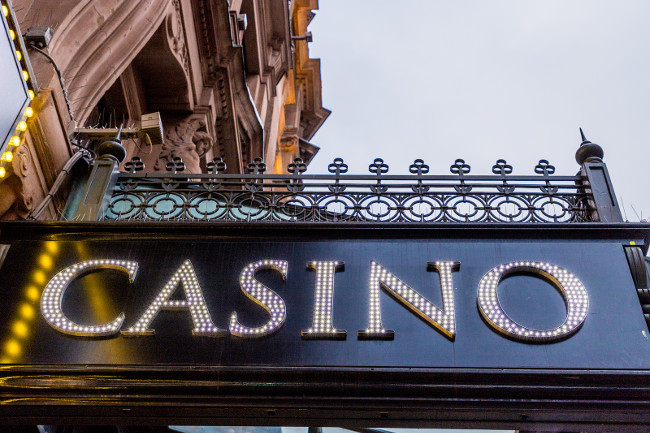
Yet last year, Leicester Square’s Hippodrome Casino saw operating profit halve according to the casino operator’s financial filings. Whether this is due to a temporary slump in the uncertainty of Brexit, the current economy’s slow growth, or is symbolic of a wider problem within British gambling, one thing is for sure – London needs to up its game if it wants its casinos to compete on the world stage.
At its root, some may suggest, is an image problem. London is synonymous with the top hat and a cup of tea, not the neon lights that saturate the Vegas strip. Yet, it is up to date marketing, extravagant themes, loud advertising and bright lights which seem to be the recipe for success in the gambling capitals of the world. It might be a casino manager’s pipe dream to replicate such a central gambling strip within London, but would this really reinvigorate the industry? Injecting glamour back into London’s casinos would undoubtedly be placing London back onto the world stage for some markets.
The criminalisation of gambling in China has unlocked a VIP market in the Philippines, Australia, Vietnam and Cambodia. Here, they know that their casinos flourish by rolling out the red carpet for VIP gamblers who are willing to risk high stakes, and potentially spend upwards of six figures in a night. Yet London combines flavours of gambling in all forms; from themed establishments similar in scale to American institutions, to intimate and exclusive clubs that wouldn’t look out of place in Monte Carlo. If London’s casinos are to be reinvigorated without losing their unique very proper and old fashioned culture, then modern marketing strategies need to be cherry picked.
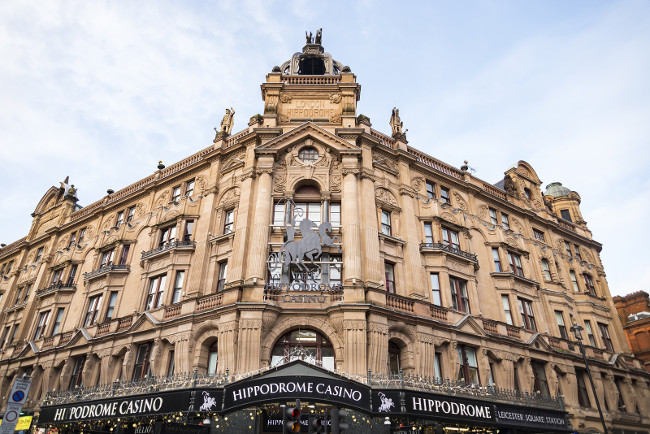
For one, despite the influence of tourism, and particularly that from China, Londoners cannot be crowded out of their own casinos. In fact, staying in tune with the rising living costs blighting central London, which is in amongst the top five most expensive cities to live, could revitalise casinos for London residents. Macau is the biggest gambling hub in the world. Here, shuttle busses are run from the airport and ferry terminals by casino operators, delivering patrons right to the casino doors. In London, transport costs pile up on top of food and drink, creating an unappealingly expensive night of entertainment for even the most responsible gambler.
Although viewing a casino night as a monthly or quarterly luxury is no bad thing, considering patrons financial concerns, especially in the current market, would be an astute move to encourage customers on a more regular basis. For no one does the cost concern ring truer than for millennials. This is evidenced not only in their declining casino visits, but in the lower stakes they are willing to risk. In other words, attracting clients is only half the battle for a casino’s success. With this in mind, the less expensive gambling options offered in London, such as no deposit casinos, should not be neglected as the free spins they offer are a great option.
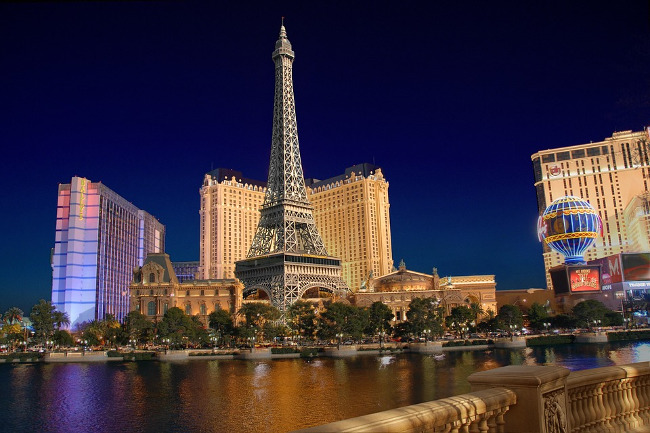
This isn’t to say millennials aren’t gambling at all. In a world where entertainment is available thick and fast with simply the tap of a finger, what is there to draw a customer to a casino? Those aged between their mid 20s to mid 30s certainly don’t get the pull, and this age group in particular account for the rapid rise in online gambling. Overall, between October 2017 and September 2018 the remote sector generated £5.6bn Gross Gambling Yield, whilst the non-remote sector saw a decrease compared to previous years. How can casinos compete with an activity which can be done from the comfort of ones own home?
One simply needs to turn to world leaders in Las Vegas to find the solution. Here, The Rio is known for its partnership with the World Series of Poker, whilst MGM Resorts is known for hosting the Ultimate Fighting Championship (UFC) pay-per-view cards at its T-Mobile Arena on a regular basis. It is these connections which turn gambling into multifaceted entertainment, using events to regularly bring in patrons to casinos, outside the pull of traditional casino games.
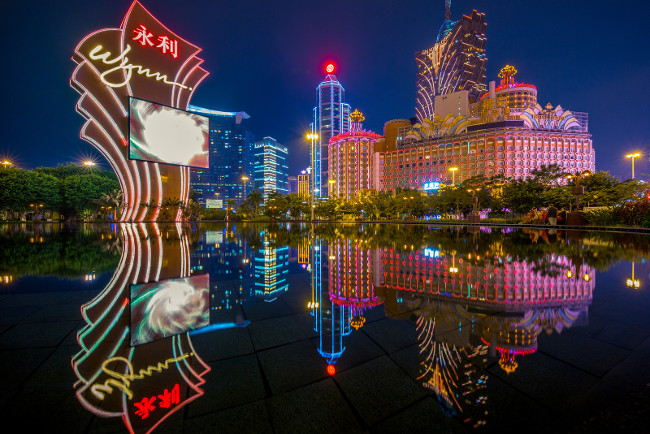
In London, the likes of Aspers Casino and Empire Casino already embrace this. Aspers offers free-to-attend events, from sporting to live music, and Empire offers cocktail making and poker masterclasses, as well as claiming to be ‘the home of NFL in London’, screening the action and even hosting a Super Bowl party. However, smaller casinos struggle to create these connections which yield such events.
London needs to embrace diversity within the casino infrastructure if it is to be counted back in amongst top gambling cities. More collaborations with poker tour operators, Daily Fantasy Sports operators or eSports organisations is a simple formula for giving more people more reasons to attend! Ultimately, it is such gambles that will pay off for London’s casinos.
Image credit at the very top of the article credit: Diana-Andreea Bahrin/Bigstock.com
Please gamble responsibly (18+ UK) – check age restrictions before participating












